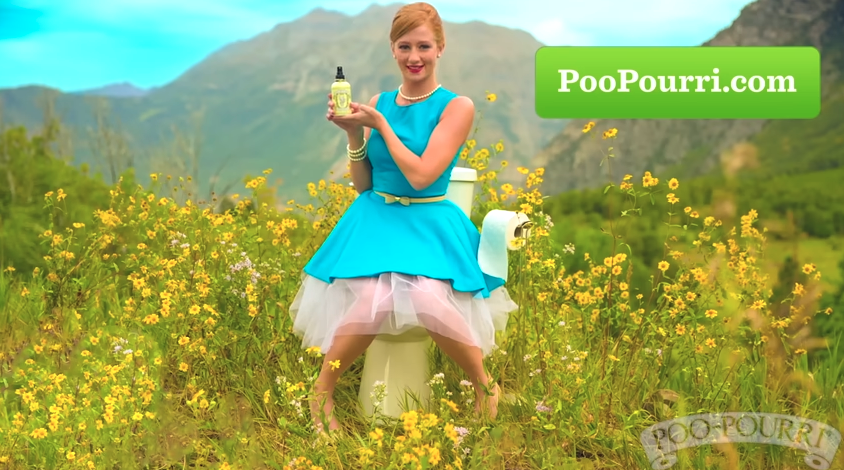
Controversial brands, campaigns or rebrands tend be the ones we remember. We’re all still talking about Cracker Barrel and Jaguar after all. But what happens when the controversy works in a brand’s favour?
What about when a brand does something so bold is ends up skewing public opinion towards it?
Here are eight examples of when it works, chosen by Patrick Dillon from WISE Digital Partners, a digital marketing agency.
You may like
For more ads we rate, see our best adverts of all time list.
01. Nike – Dream Crazy
‘Dream Crazy’ – Colin Kaepernick Nike Ad 2019 – YouTube
American football star Colin Kaepernick taking the knee at an NFL game in protest at police brutality was a landmark political event of the 2010s. And to reflect this growing movement, Nike released Dream Crazy, with the slogan ‘Believe in something, even if it means sacrificing everything’ and Kaepernick as its star.
Because of Kaepernick’s political affiliations, the ad was seen by some as anti-American, and protests soon erupted with the hashtag #JustBurnIt seeing people burn their shoes.
However, this turned out not to be the disaster some predicted, as Nike’s online sales surged by 31 per cent.
Daily design news, reviews, how-tos and more, as picked by the editors.
“Nike understood that controversy can clarify a brand’s identity,” says Patrick. “They didn’t chase everyone’s approval; instead, they strengthened their bond with those who shared their values.”
This spot made it into our best adverts of the 2010s roundup.
02. Protein World – Are you Beach Body Ready?
(Image credit: Protein World)
In 2015, everyone was talking about this billboard. Not because it was one of the best billboards around, but because of its controversial message ‘Are you beach body ready?’ paired with an image of a woman in a bikini.
You may like
The advert was accused of promoting unrealistic beauty standards and ads were vandalised and penalised across England’s capital.
But… the outrage drove awareness, and Protein World reported profits of around £1 million from a £250,000 spend.
“While the message was tone-deaf, the conversation it started dominated headlines,” says Patrick. “Controversy multiplied Protein World’s exposure at a fraction of the cost of traditional advertising.”
03. Benetton – Unhate
UNHATE Campaign by Benetton – The Film – YouTube
Benetton is no stranger to controversial ads but its 2011 Unhate campaign, which showed world leaders kissing (including the Pope) took things to another level. The Vatican condemned it, governments demanded its removal, and some citizens tore down posters.
Benetton refused to apologise, and the campaign ended up winning a Cannes Lions award. The brand’s stance reinforced its identity as a provocateur unafraid to challenge global politics through art.
04. Pot Noodle – Nothing Satisfies like Pot Noodle
Nothing Satisfies Like Pot Noodle – YouTube
Last year, a UK commercial for Pot Noodle caused a wave of disgust to sweep the nation. It featured an exaggerated slurp noise that caused many to cringe/mute their TVs.
People complained and the brand responded with a tongue-in-cheek “apology” campaign and a quieter version of the ad.
“Humour can disarm outrage. Pot Noodle leaned into the criticism rather than retreating, and the controversy boosted engagement massively,” says Patrick.
05. Burger King – Whopper Neutrality
Whopper Neutrality | Burger King – YouTube
Burger King isn’t exactly known for making huge political statements, but its Whopper Neutrality advert took on the thorny issue of net neutrality. In the ad, customers were told they needed to pay extra to get their Whopper faster, mimicking what internet slowdowns could look like without regulation.
The concept was divisive but the brand racked up over 4.6 million YouTube views and 127k likes.
“Burger King showed that controversy doesn’t always need to offend; it can challenge,” says Patrick. “It’s a fantastic example of how good advertising can translate a complex policy issue into something everyone can understand.
06. Gillette – The Best Men Can Be
Commercial Ads 2019 – Gillete – The best men can be – YouTube
In 2019, Gillette took on toxic masculinity with its The Best Men Can Be campaign. Its advert showed men challenging behaviours of other men and standing together.
While some viewed the ad as progressive, others found it patronising.
But in terms of numbers, the ad was a success, racking up more than 30 million views. “Gillette reframed its heritage slogan for a new cultural moment, expanding the brand’s appeal among socially conscious millennials,” says Patrick.
07. Poo-Pourri – Girls Don’t Poop
Girls Don’t Poop – PooPourri.com – YouTube
It’s not easy to market a toilet spray, but Poo-Pourri won audiences by embracing blunt humour.
Its viral video featured a well-dressed woman candidly discussing “dropping the motherload.” The brand got over 40 million YouTube views and became a household name overnight.
“Humour, honesty, and the willingness to say what others won’t became the winning formula,” says Patrick. “Poo-Pourri proved that relatability beats refinement when talking about awkward products.”
08. Budweiser – Born the Hard Way
Budweiser Born the Hard Way 720p – YouTube
During heated political debate over immigration, Budweiser aired a Super Bowl ad chronicling its founder’s immigrant journey. Some saw it as a subtle critique of travel bans; others viewed it as a patriotic reminder of the American dream.
The ad went viral with over 21 million views in three days.
“Budweiser reminded Americans that every brand has a story rooted in human ambition; the message resonated because it felt real and sincere, not opportunistic,” says Patrick.
For more great ads, see the best ads of the 2020s (so far).
